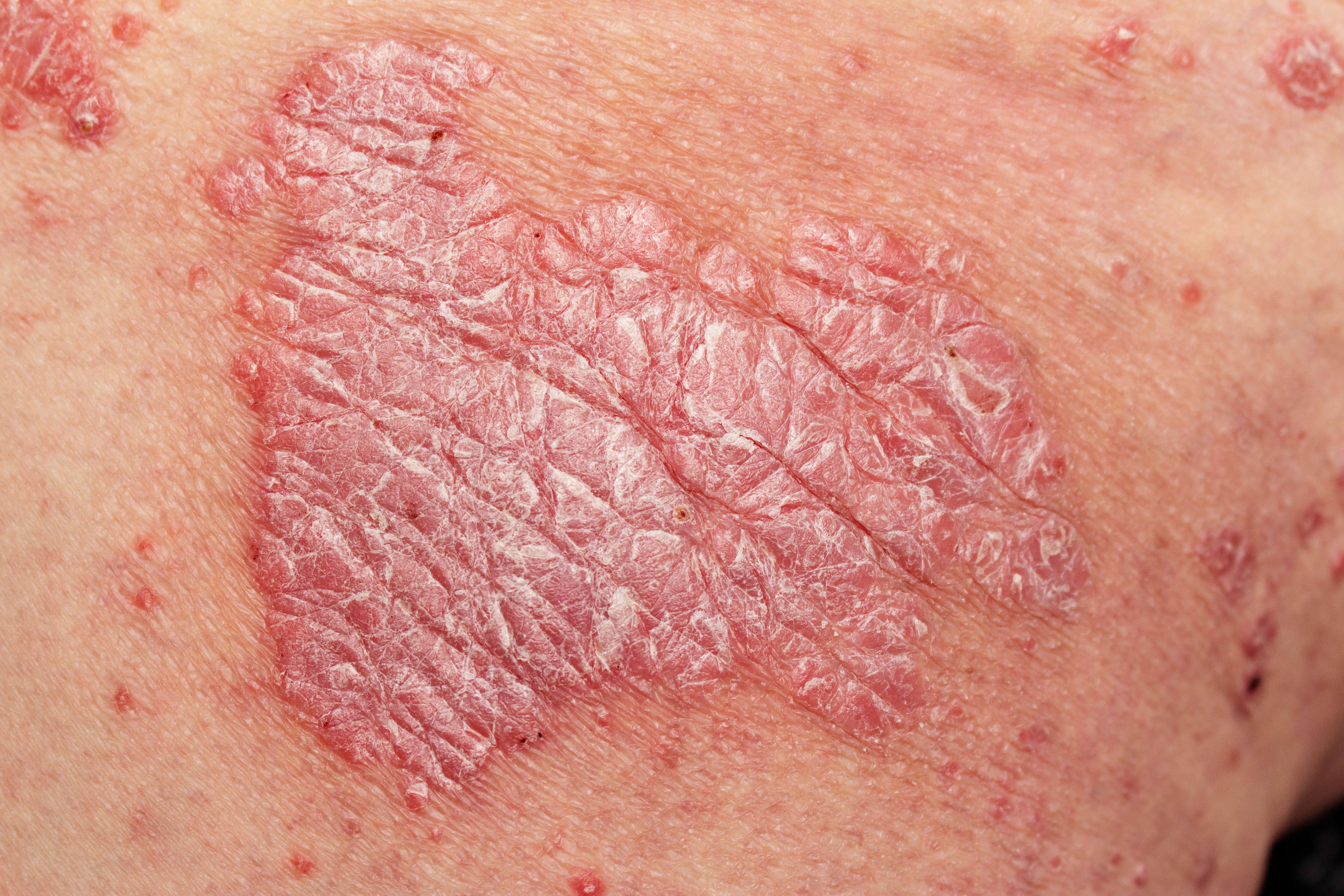- Acne
- Actinic Keratosis
- Aesthetics
- Alopecia
- Atopic Dermatitis
- Buy-and-Bill
- COVID-19
- Case-Based Roundtable
- Chronic Hand Eczema
- Chronic Spontaneous Urticaria
- Drug Watch
- Eczema
- General Dermatology
- Hidradenitis Suppurativa
- Melasma
- NP and PA
- Pediatric Dermatology
- Pigmentary Disorders
- Practice Management
- Precision Medicine and Biologics
- Prurigo Nodularis
- Psoriasis
- Psoriatic Arthritis
- Rare Disease
- Rosacea
- Skin Cancer
- Vitiligo
- Wound Care
Article
Vitamin D has no Significant Impact on Psoriasis Severity
Author(s):
Oral vitamin D supplementation does not appear to have an effect on disease severity for those with low 25-hydroxyvitamin D (25[OH]D) levels.
Milan Lipowski/AdobeStock

Vitamin D supplementation does not appear to affect the severity of psoriasis in patients with low 25-hydroxyvitamin D (25[OH]D) levels, according to a recent study.1
This study was led by Marita Jenssen, MD, from the Department of Dermatology at the University Hospital of Northern Norway over the winter from 2017-2018 and 2018-2019, when ultraviolet exposure was insufficient to confound skin vitamin D production. Jenssen and her team hypothesized that winter psoriasis is caused by an increase in 25-hydroxyvitamin D (25[OH]D). They recruited 122 participants with a mean age of 53.6 years (37.7% female)and randomized them to either oral supplementation (60) or placebo (62). The mean baseline psoriasis area and severity index (PASI) score was 3.1. Cholecalciferol (oral vitamin D) was given at a loading dose of 100 000 IU, followed by 20 000 IU/week or matching placebo, for a period of 4 months. The primary outcome was the change in PASI score and the change in Dermatology Life Quality Index (DLQI)scores. Secondary outcomes were self-administered PASI, Physician Global Assessment and Dermatology Life Quality Index (DLQI) scores.
After 16 weeks, the mean 25(OH)D level was 29.7 ng/mL and 12.0 in the placebo group. However, while serum levels of vitamin D had increased among participants in the intervention arm, there was no significant difference in the PASI score between the groups (adjusted difference, AD = 0.11, 95% CI -0.23 to 0.45, p = 0.52). In addition, there was no significant difference in DLQI scores between the groups (AD = -0.86, 95% CI -1.9 to 0.19, p = 0.11) or Physician Global Assessment scores.
There were no adverse events reported. The authors noted that low baseline severity scores may explain the lack of measurable effect and that levels of 25(OH)D in the intervention group increased to a less-than-expected degree based on previous experimental data from the same source population may have affected the results.
Reference
1. Jenssen M, Furberg A, Jorde R, et al. Effect of vitamin D supplementation on psoriasis severity in patients with lower-range serum 25-hydroxyvitamin d levels: a randomized clinical trial. JAMA Dermatol. Published online March 29, 2023. doi: 01.1001/jamadermatol.2023.0357
Newsletter
Like what you’re reading? Subscribe to Dermatology Times for weekly updates on therapies, innovations, and real-world practice tips.







